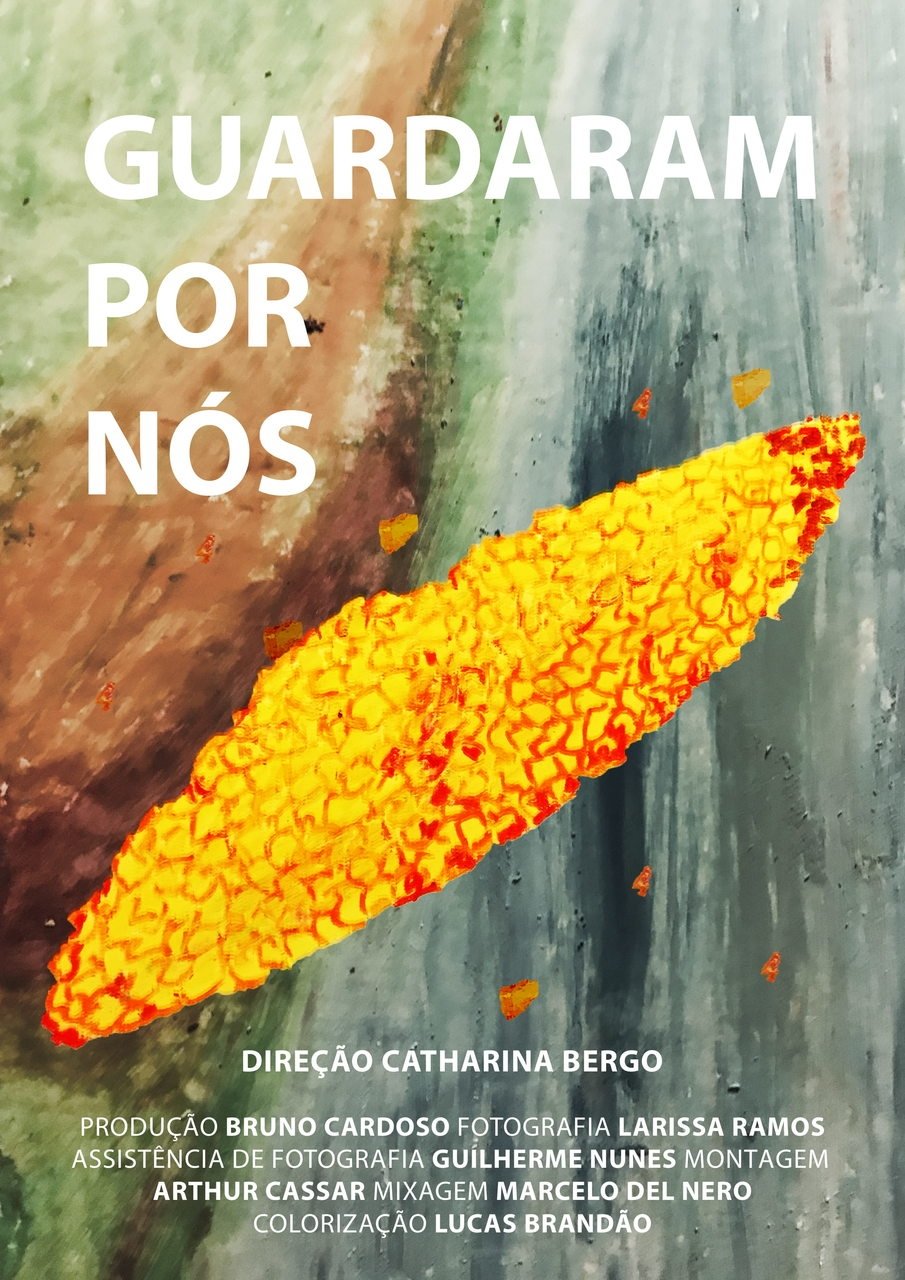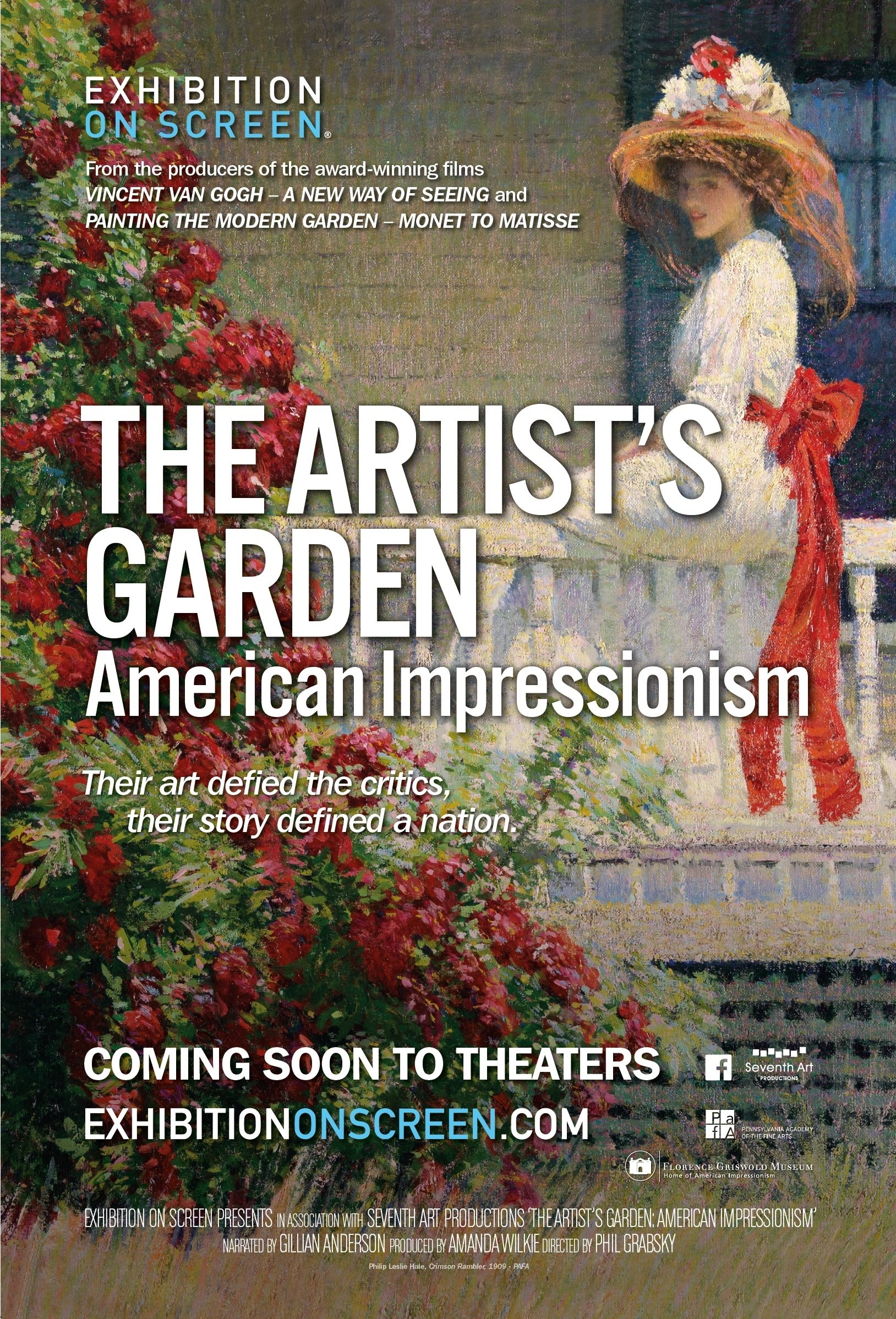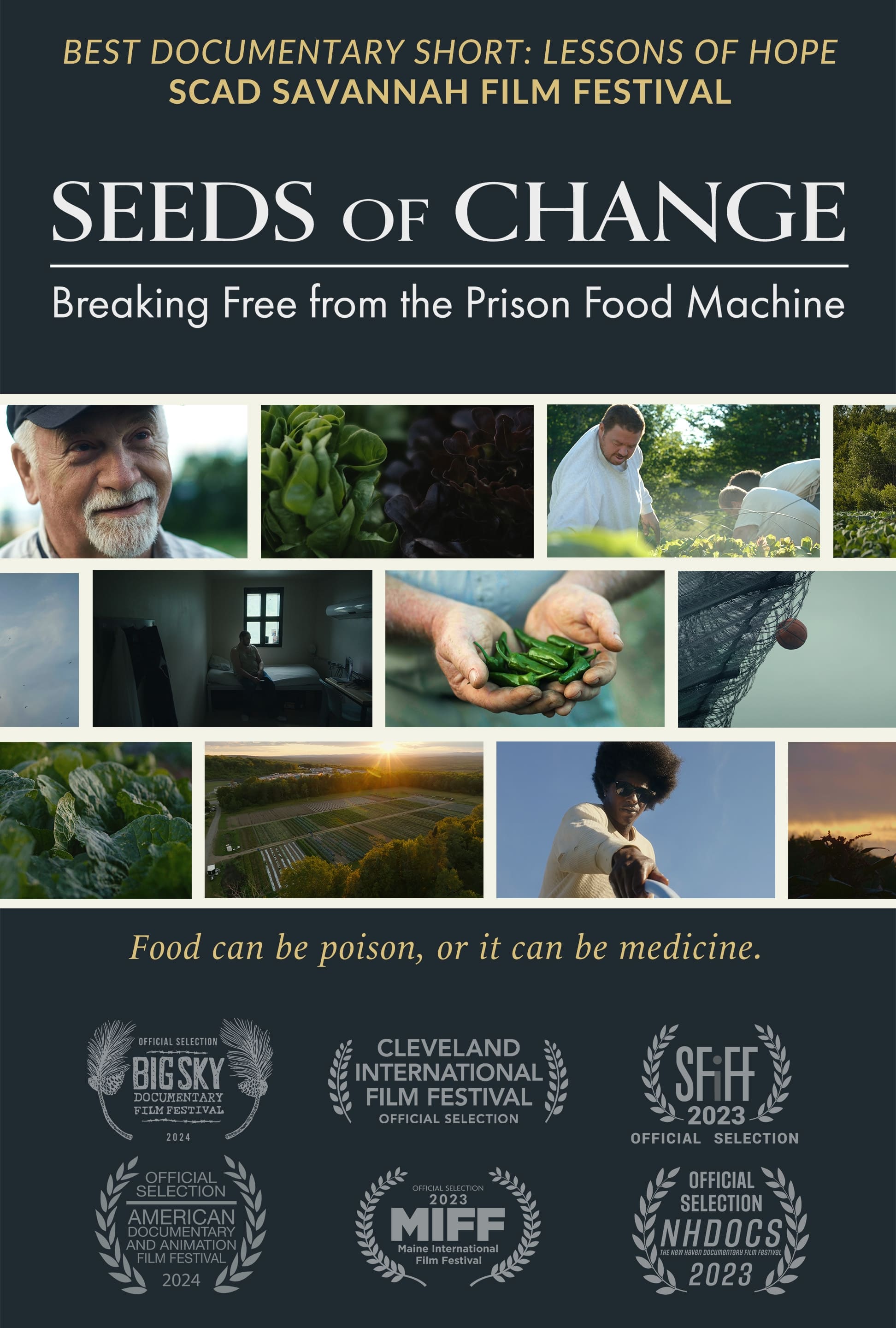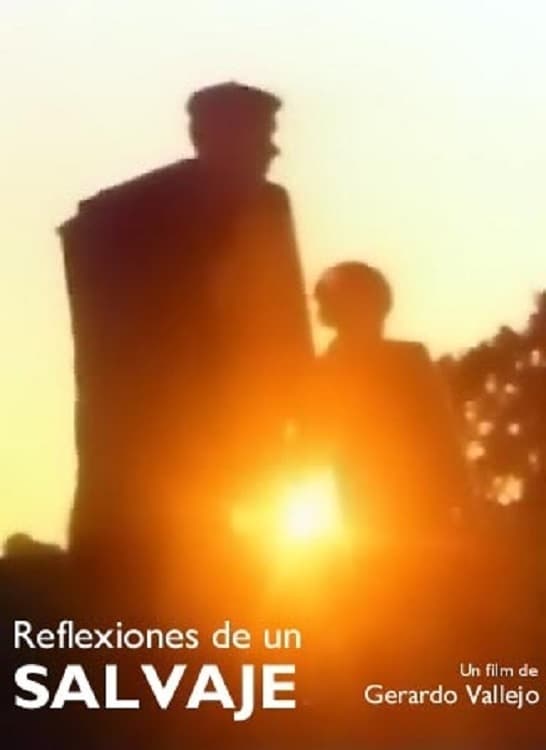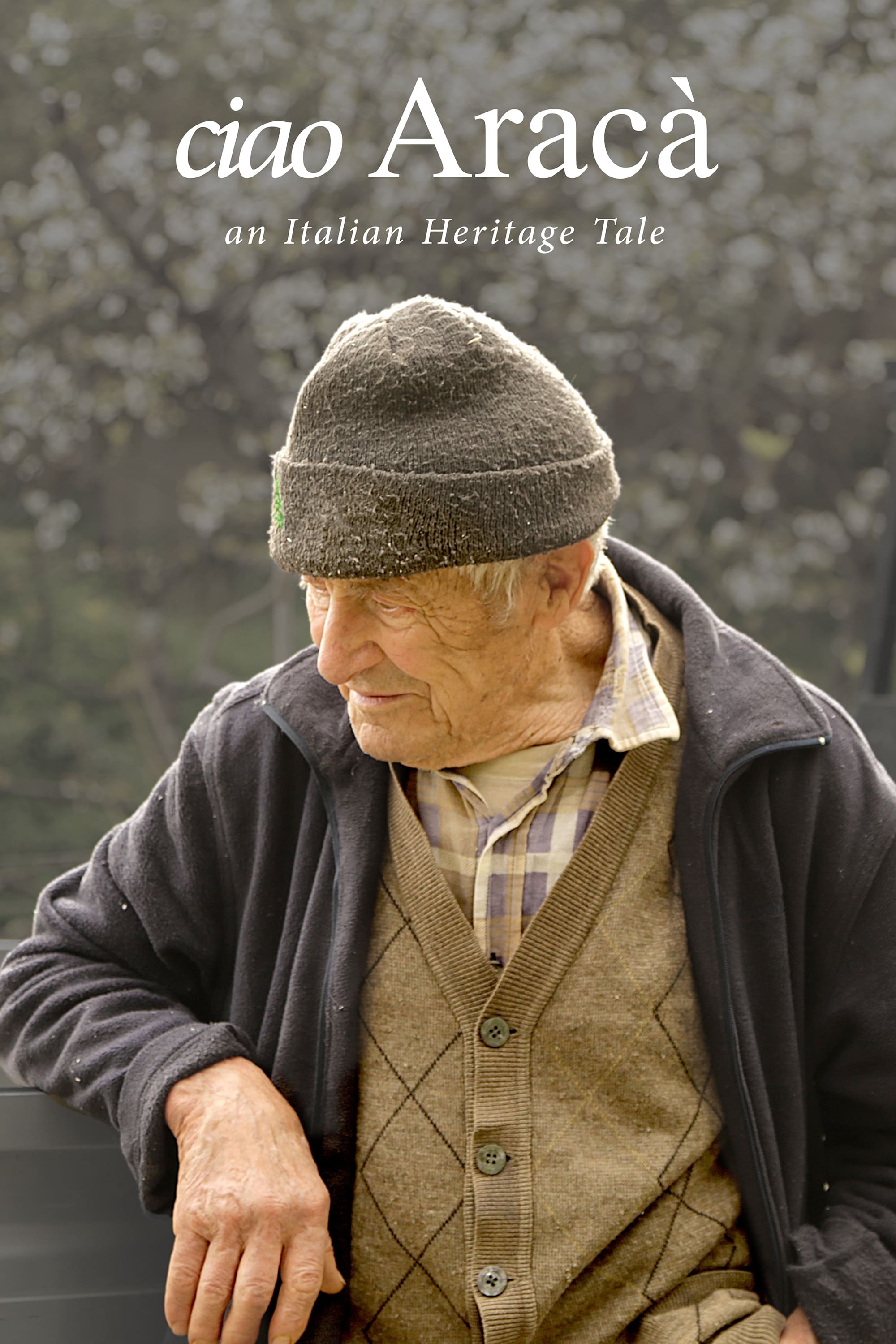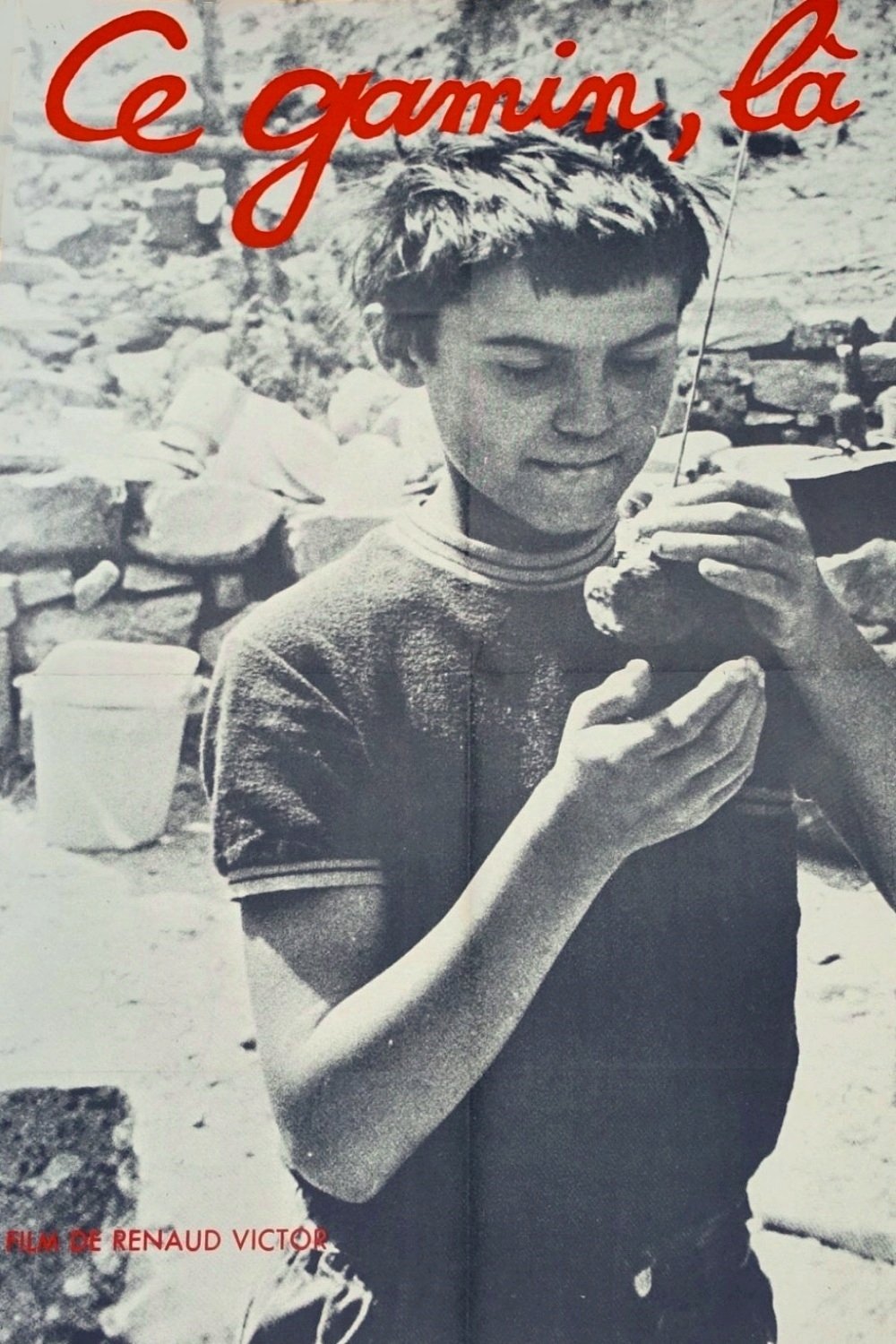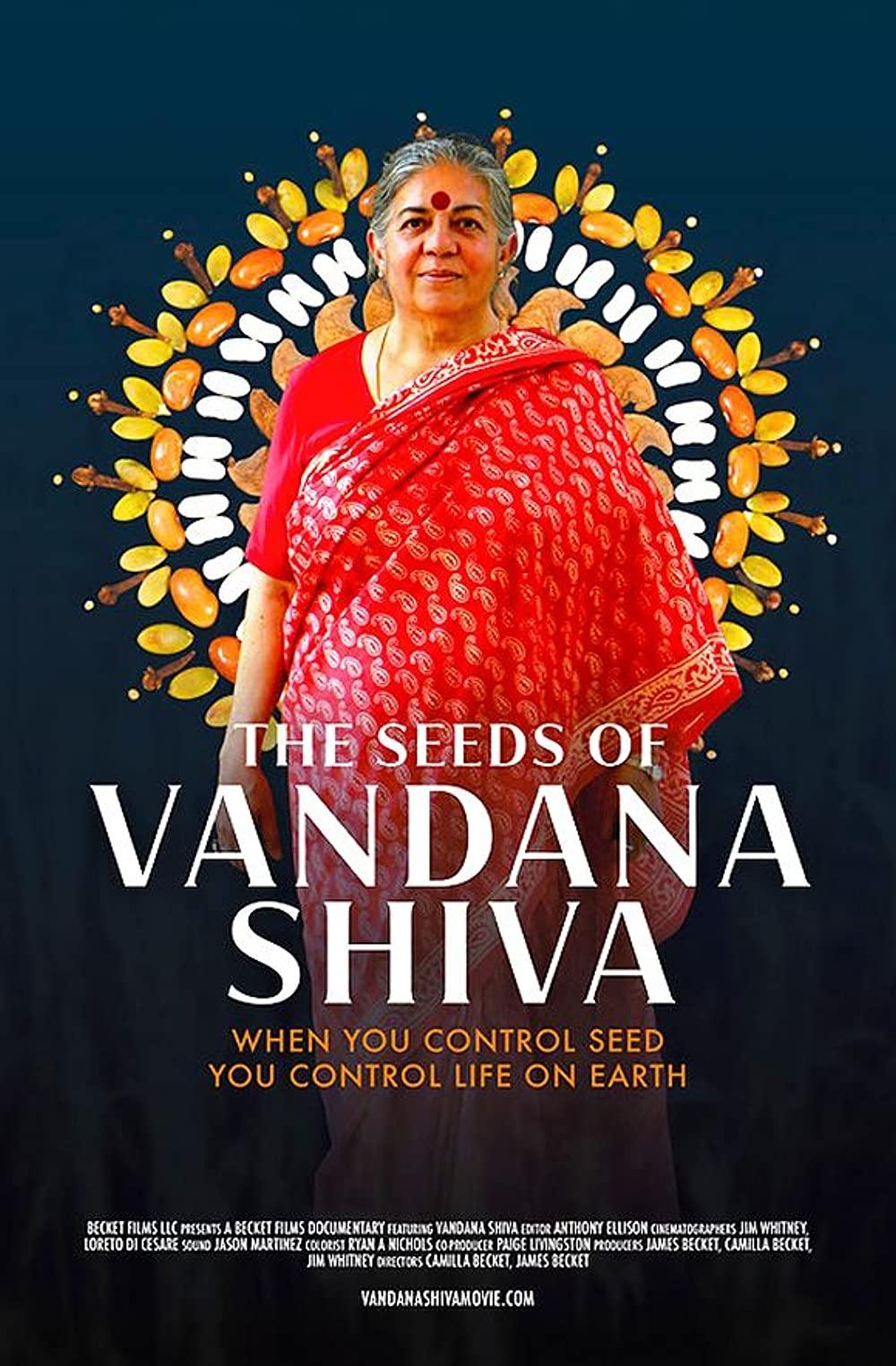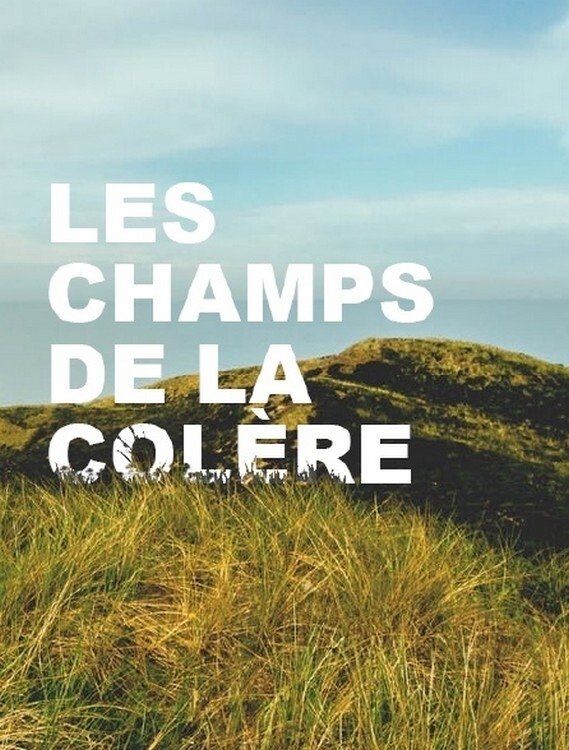Guardaram Por Nós
2020
00.0(0 votes)
Documentary
Overview
Links & Resources
Social & External
Cast & Crew
6 members
Acting
Kiany Tomita
Unknown Role
No Image
Acting
Jonas Pereira
Unknown Role
No Image
Acting
Roberta Pessoa
Unknown Role
No Image
Acting
Davis Sousa
Unknown Role
No Image
Acting
Yurico Tatamyia
Unknown Role
No Image
Acting
Setsuo Tatamyia
Unknown Role
No Image
Similar Movies
Recommended Movies

No Recommendations Yet
We're working on finding the perfect movies for you. Check back soon!
More movies coming soon
